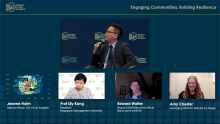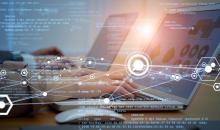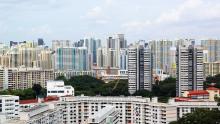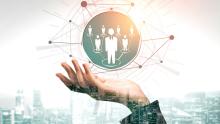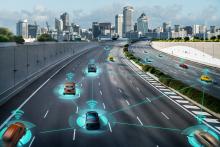Understanding how real-time data can help with predicting passenger behaviour and reduce commuter wait time on the last mile journey
It might be an ambitious aspiration, but by 2030, Singapore hopes that 75 per cent of all peak-hour commutes will be conducted through public transport.
This vision of future urban mobility centres on fostering a ‘car lite’ society, where a smart, multi-modal public transportation infrastructure offers commuters an affordable and convenient alternative to private car usage.




